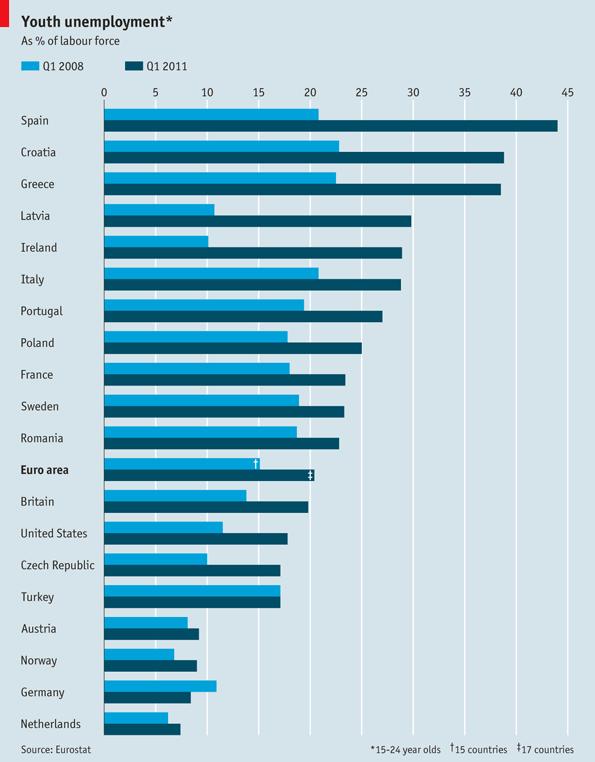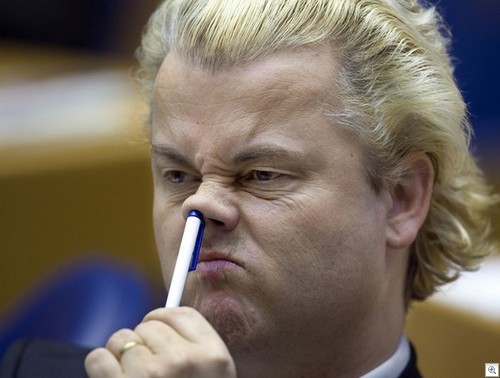Standard and Poor’s is a self-interested corporate entity and it is acting in accordance with what it perceives its self-interest to be, in precisely the way that self-interested corporate entities will consistently do. To ask whether a privately owned corporate entity is passing the correct judgment on our political process is to obscure that underlying, anti-democratic fact. They have the power to do so because they’ve been given it: a “Nationally Recognized Statistical Rating Organization” must be “nationally recognized” for its ratings to have the force that it has, and the way the system of financial regulation is constituted is what defines that force. If you’re so inclined, you could even argue that this is all a good thing. God speed to you. As for me, to the secular theology of a “just market,” I am somewhere between a practical agnostic and an angry atheist. The finance market is certainly real and powerful, but the only important question is whether we think the self interest of these kinds of entities is the same as that of the American people, how we will regulate their ability to make decisions, and whether we will continue to cede them the power that they presently have and are using to impose their will on the US’s political economy.
Zunguzungu’s excellent link heavy post on Standard & Poor’s downgrade of US debt is must reading. If you can only read any post about this sorry spectacle, that’s the one to read. All that’s left for me to do is to snipe around the edges.
The paragraph above is the key to understanding not just why S&P downgraded US debt, but the whole second phase of the bankers’ crisis. The 2007/08 financial crisis was a mistake, a bubble that burst, which required governments all over the world to step in and try to save the financial markets from their own greed. This left them vulnerable through having had to take on massive new debts to keep their economies from melting down altogether. It took a few years for the fsckers who had been culpable for that first crisis (S&P not the least amongst them) to get their courage back, but once they did, they saw their chances to use this vulnerability as leverage, to force governments to follow neoliberal orthodoxy, to leave the financial markets alone and of course to make money from betting on e.g. the Greek economy to go down the drain. That’s what’s going on right now, a deliberately enginered crisis so “the market” can get what it wants.
Having Standard and Poor’s, a commercial organisation, as a “Nationally Recognized Statistical Rating Organization”, with the blessing and approval of the American state, make decisions on which debts, especially government debts, are trustworthy sounds absurd on the face of it, but it’s an essential part of the neoliberal structure build up in the past three-four decades. Such an important part of the financial infrastructure cannot be trusted to be under political control with people that might actually care that pronouncements on the risk debt might have on minor things like say, unemployment. That independence enables it to try and pull the trigger on any US attempt to fix the crisis in ways that “the market” didn’t appreciate.

